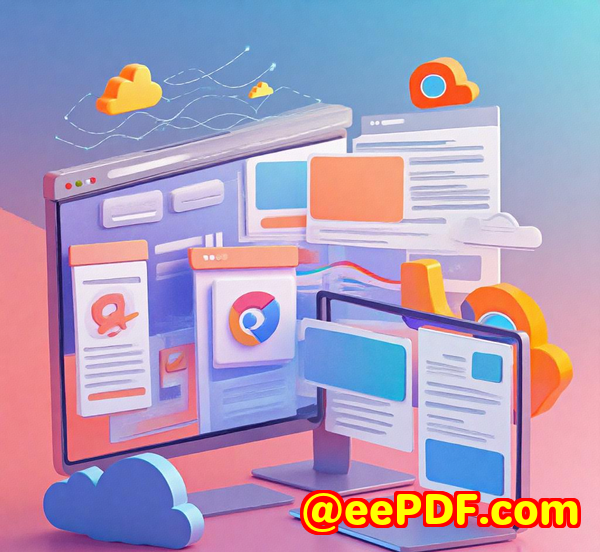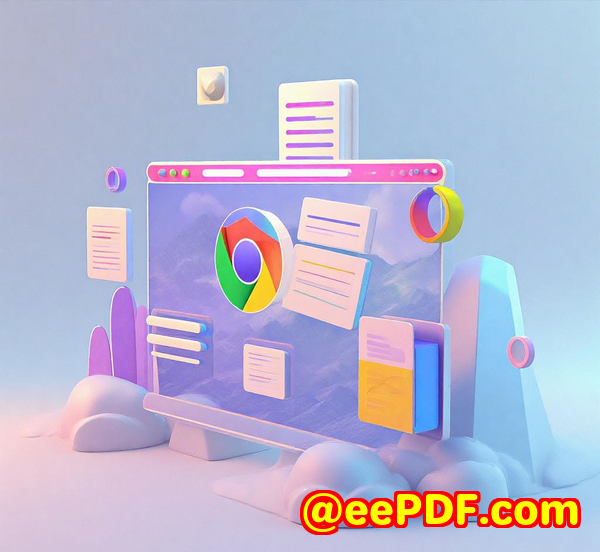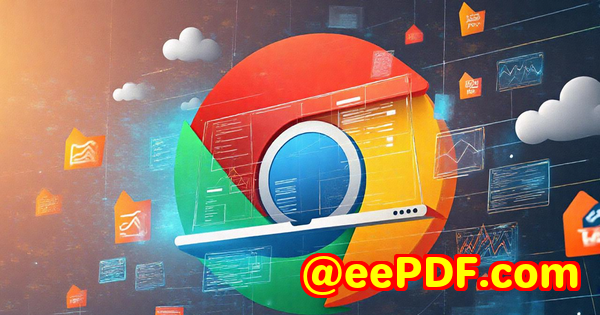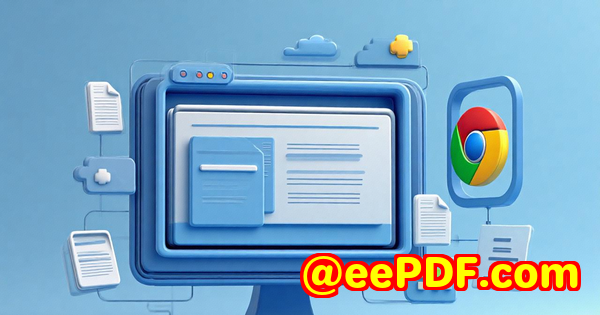JavaScript SDK to Automatically Extract Product SKUs from Box Labels and Invoices
JavaScript SDK to Automatically Extract Product SKUs from Box Labels and Invoices
Every warehouse manager, logistics coordinator, or inventory clerk knows the pain of manually keying in product SKUs from boxes or invoices. I remember those days vividly endless hours spent squinting at blurry labels, typing codes prone to error, and trying to keep operations moving without hiccups. It's tedious, error-prone, and frankly, a massive drain on time.
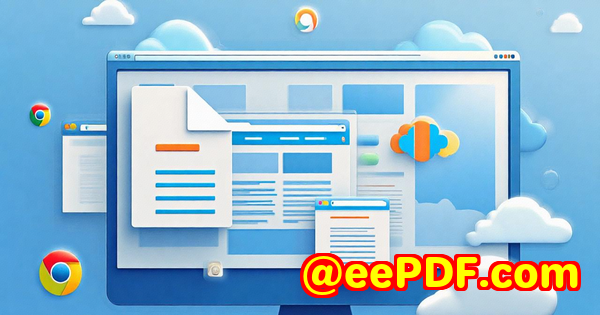
That's when I stumbled upon the VeryUtils JavaScript Barcode Scanner SDK for Web and Mobile Apps, and honestly, it changed the game. If you're hunting for a reliable, fast, and easy way to extract product SKUs automatically from box labels or invoices, this is your golden ticket.
Why I Needed a Better Way to Extract Product SKUs
Let's face it: scanning barcodes used to mean bulky hardware, complicated setups, and often, clunky software that just didn't integrate well with web apps. If you wanted to scan barcodes in your browser or on a mobile device, your options were limited, often requiring native apps or third-party services that had long load times and poor accuracy.
In my work, I needed a tool that could plug directly into the apps my team already usedwithout forcing users to download anything. We also wanted something fast enough to handle batch processing of labels and invoices, and accurate enough to not slow us down with rescans.
Enter the VeryUtils JavaScript Barcode Scanner SDK
This JavaScript SDK is designed specifically to bring barcode scanning to the web and mobile platforms no apps, no installs. Just pure browser-based scanning, accessible from almost any device with a camera.
I've used this SDK on multiple projects, and what struck me first was how easy it was to integrate. With just a few lines of code, our web apps were scanning barcodes and QR codes in real time, extracting product SKUs automatically without any lag.
The SDK is built for developers but designed to keep the end-user experience smooth and intuitive. If you've ever wrestled with barcode scanning tools that felt like a chore to use, this will be a breath of fresh air.
Core Features That Make a Real Difference
-
Real-time barcode scanning directly in browsers: No need for native apps or additional installs. Just open the webpage and scan away.
-
High-speed decoding: It can scan up to 20 barcodes per second, hitting a 99% accuracy rate even with damaged or poorly printed codes.
-
Supports tons of barcode types: Whether it's Code 128, QR codes, DataMatrix, or even postal codes, this SDK covers all the bases. That means fewer blind spots when extracting SKUs from diverse product labels.
-
Multiple barcode batch scanning: I loved this feature when handling bulk shipments. The SDK scans multiple barcodes quickly, streamlining data capture without switching modes.
-
User-friendly guidance: Visual feedback, audio beeps, and haptic responses help users know exactly when a scan is successful. This reduces guesswork and speeds up operations.
-
Works offline as a PWA: If you've ever had to scan in areas with patchy internet, this is a lifesaver. The SDK runs offline, so no interruptions.
-
Secure and continuously updated: Data privacy matters, and this SDK meets high security standards. Plus, it gets regular updates without you lifting a finger.
How I Used the SDK in Real Life: A Warehouse Story
In a recent project, I helped a mid-sized e-commerce warehouse overhaul their inventory intake system. Their biggest bottleneck was manually entering SKUs from incoming boxes and invoices. Typing errors caused wrong stock counts and frustrated teams downstream.
We integrated the VeryUtils JavaScript Barcode Scanner SDK into their web-based inventory app.
Here's what happened:
-
Workers used mobile devices to scan box labels directly through the browser. No app downloads, no tech headaches.
-
The SDK detected and decoded barcodes within milliseconds, even under poor lighting and with smudged labels.
-
We set it to batch scan mode so the team could scan dozens of SKUs quickly during unloading without stopping.
-
Audio and visual feedback made it easy to know when scans succeeded cutting errors in half.
-
The system automatically pulled the SKU data from scanned codes and populated inventory fields, eliminating manual input.
-
Because it works offline as a Progressive Web App, scanning was uninterrupted even in the warehouse's low-signal zones.
This cut the SKU entry time from hours to minutes every day, freeing staff to focus on more critical tasks. The reduction in data errors was also a game changer fewer order issues, happier customers.
How It Stacks Up Against Other Tools
Before discovering this SDK, I tested a few popular scanning solutions:
-
Many required users to install bulky native apps a real pain for quick, ad-hoc scanning.
-
Some web-based tools were sluggish, missing barcodes or requiring manual crop and focus.
-
Others struggled with damaged or partially obscured labels.
-
Security and data privacy were often unclear or lacking in third-party scanners.
The VeryUtils SDK blew these out of the water with:
-
Truly instant scanning in browsers, no installs needed.
-
A robust decoding algorithm that handles tricky codes others can't.
-
Batch scanning features that boost throughput.
-
Built-in user guidance and offline support.
-
Enterprise-grade security and ongoing updates.
Who Will Benefit Most?
If you:
-
Manage warehouses or fulfilment centres and handle large volumes of physical products
-
Develop web or mobile apps for inventory, logistics, or retail operations
-
Need to digitize data entry from shipping labels, invoices, or package codes
-
Work in industries like e-commerce, manufacturing, logistics, or postal services
-
Want a reliable, accurate, and easy-to-deploy barcode scanning SDK
...then this tool will save you time, headaches, and plenty of manual work.
Wrapping Up: Why This SDK is a Must-Have
The VeryUtils JavaScript Barcode Scanner SDK for Web and Mobile Apps is the ultimate shortcut for anyone needing to automatically extract product SKUs from labels and invoices fast, accurate, and hassle-free.
I can confidently say that integrating this SDK streamlined our operations, reduced errors, and made life easier for the whole team. If you deal with lots of barcodes and want a smooth, secure way to get data into your apps, give this a shot.
Start your free trial now and see how it can boost your productivity: https://veryutils.com/javascript-barcode-scanner-sdk
Custom Development Services by VeryUtils
VeryUtils doesn't just offer ready-made SDKs they also provide custom development services tailored to your unique needs. Whether you require enhanced PDF processing tools for Linux, Windows, or Mac, or specialized barcode recognition solutions, their expertise covers:
-
Developing utilities in Python, PHP, C/C++, JavaScript, .NET, and more
-
Creating Windows Virtual Printer Drivers that generate PDF, EMF, or images
-
Intercepting and monitoring print jobs for archiving or processing
-
Implementing system-wide hooks to monitor Windows API calls
-
Advanced OCR, barcode recognition, and layout analysis for scanned documents
-
Cloud solutions for document conversion, digital signatures, and security
For tailored solutions that fit your business perfectly, reach out to VeryUtils via their support centre: http://support.verypdf.com/
FAQs
Q: Can the SDK scan multiple barcodes at once?
A: Yes, it supports batch scanning up to 20 barcodes per second, perfect for processing bulk shipments or invoices.
Q: Does it work offline?
A: Absolutely. The SDK supports Progressive Web App (PWA) functionality, allowing scanning with minimal or no internet connectivity.
Q: What types of barcodes are supported?
A: It covers a broad range, including Code 128, QR Codes, DataMatrix, UPC, EAN, PDF417, Aztec, and many postal codes.
Q: Do users need to install anything?
A: No installation is required. It runs entirely in modern web browsers, making deployment quick and seamless.
Q: Is the SDK secure for enterprise use?
A: Yes, it adheres to strict security and privacy standards and is continuously updated to keep your data safe.
Tags/Keywords
-
JavaScript barcode scanner SDK
-
Extract product SKUs automatically
-
Web and mobile barcode scanning
-
Batch barcode scanning
-
Offline barcode scanner SDK
-
Barcode scanning for inventory
-
Real-time barcode decoding
If you're looking to simplify SKU extraction from box labels and invoices, this JavaScript SDK from VeryUtils is an absolute no-brainer. It's fast, reliable, and ready to plug right into your web or mobile apps no fuss, just results.
